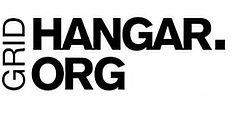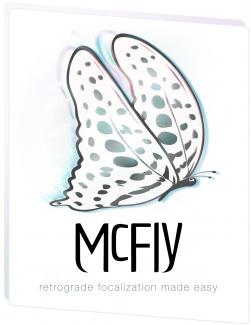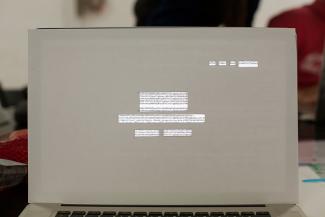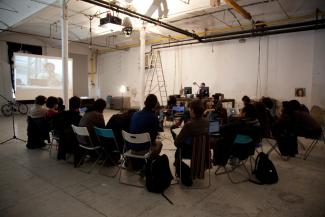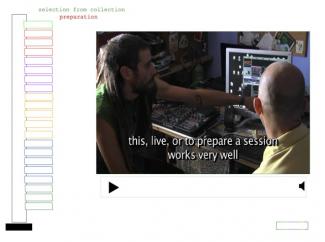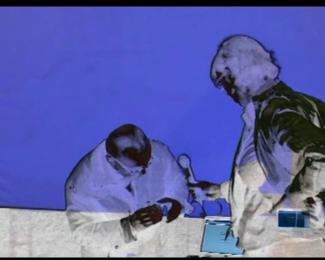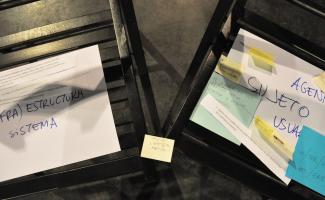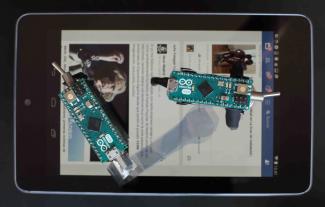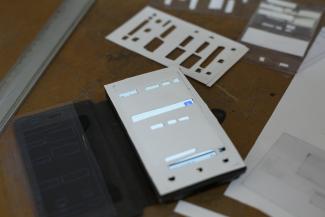
The research line Interface Politics includes projects reflecting about the interaction between humans and machines and about the political, social and economical models attached to the technologies that make possible this relation. If the design of a device brings up the theory about the user and his performativity, then identifying some of the factors which cause the theory is one of the ways to identify the tactics and techniques of the design and explore the drive of its operating system. In this sense the research projects are related with territories of action and research on interfaces from different approaches, experiences and practices coming from design, politics, philosophy, art, activism and communication studies.
Resources by Research Field
- article: Map B: Mapping ISP: Guifi.net
- article: Map A: Tracerouting Top 100 Domains
Projects by Research Field
It is assumed that grand narratives are ineffective today in an age of ‘post-ideology’. But even in a world said to be run by algorithms, story is key in locking people into the grid. So much it has been said about control through gamification but much too little is discussed of the role of story. And if indeed our social media are a radical mix of interactive game and non/fiction, could they then not be considered a metafiction? And what does this imply on the rules of engagement? Could we hop in and out? Could we alter our timelines almost as if we were time traveling?
Far from being a purely immaterial entity, the Internet is an extremely complex physical structure composed by a massive number of actors that have a direct and deep impact in every aspect of our daily lives. Despite its crucial role in many aspects of our society, the material and computational architectures that allow the Internet to exist are widely ignored by most of its users.
